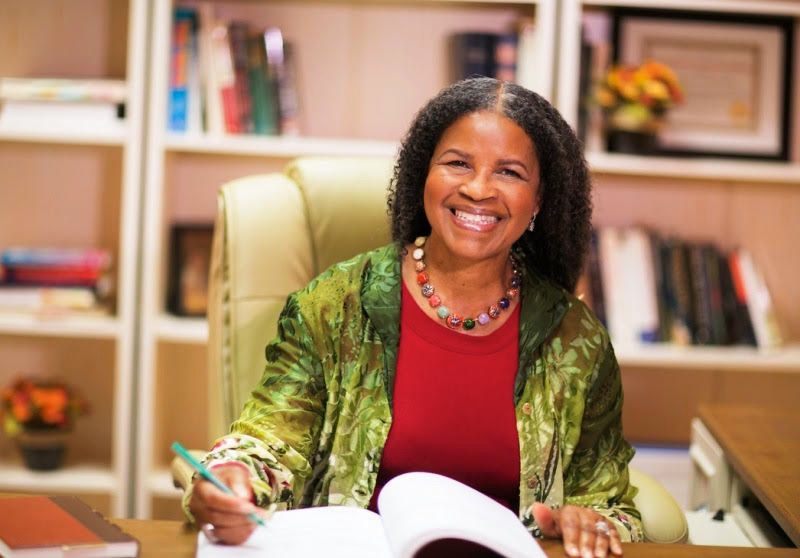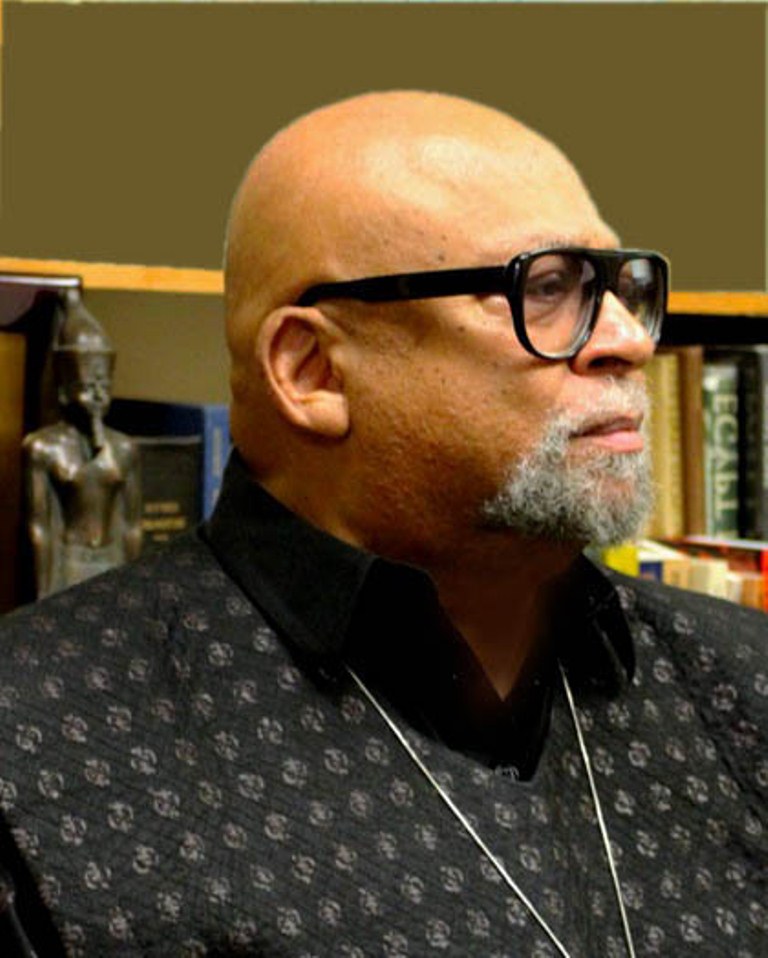
The Liberating Mission of Dr. Martin L. King: Living a Legacy of Service, Struggle and Sacrifice – Part 1.
On the day of April 4th, this Day of Sacrifice, this day of the martyrdom and assassination of Dr. Martin Luther King, Jr., we gather together to raise up and pay rightful homage to him, his life and legacy.












